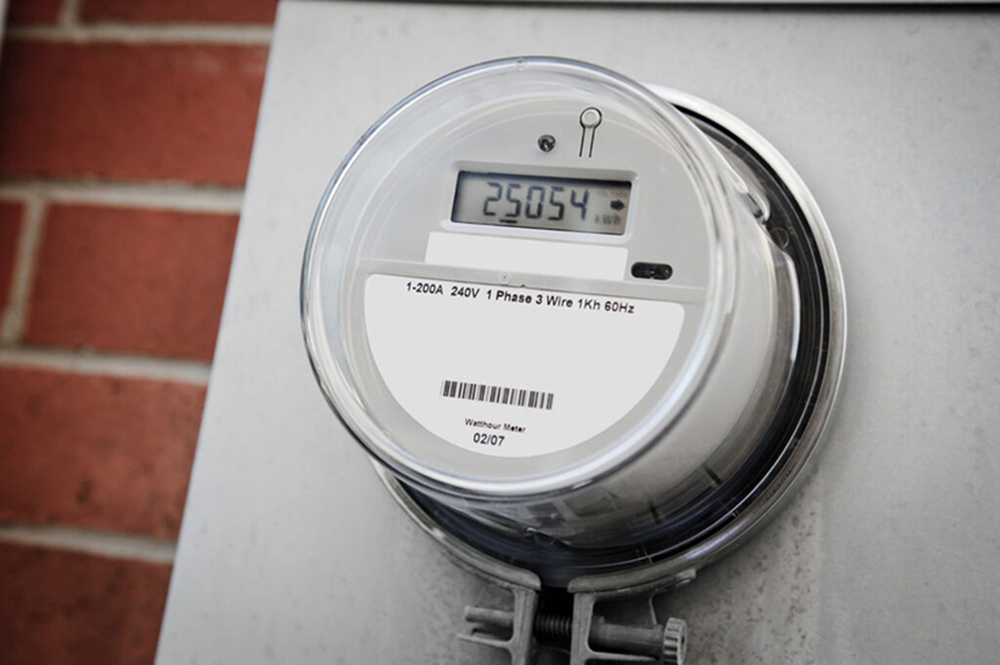By Nikita Biryukov
NJ Monitor
After a scorching summer that saw electricity bills soar, experts told lawmakers Wednesday that they should eschew costly utility mandates, invest in technology like carbon capture, and avoid shutting down power plants before replacement power sources are up and running.
A hearing of the Assembly’s utilities committee took place Wednesday, October 2nd to address complaints from South Jersey residents about dramatic electric bill spikes, and it came in the midst of New Jersey’s push for broader electrification that could push power demand yet higher.
Jason Stanek, executive director of government services for PJM Interconnection, the grid operator for New Jersey and 12 other states, said New Jersey should not advance policies that shut down power sources unless they have replacements that are operating.
The state’s last two coal-fired power plants closed in 2022, and wind projects meant to boost its generation capacity have faced cost and other hurdles.
“To minimize rate impacts, we would respectfully request avoiding any policies that are designed to push resources off the system before we have an equal and equivalent amount of replacement resources,” Stanek said.
Swings in energy supply and demand can put pressure on rates, especially when supply falls as demand rises.

The hearing was called to address complaints from South Jersey residents about dramatic electric bill spikes. (Getty Images)
Stanek noted electricity prices at its annual July capacity auction surged nearly nine times higher than the previous year. Utilities procure electricity through the auction and sell it to ratepayers at cost but can generate a profit from transmission, among other things.
Rate Counsel Brian Lipman said the higher auction prices would add between $12 and $15 to customers’ monthly electricity bills beginning in June.
Improvements to energy efficiency had helped tamp down on demand for more electricity generation in recent decades, though that trend has since reversed, Board of Public Utilities President Christine Guhl-Sadovy told the committee.
Growing electrification, increased uptake in electric vehicles and their charges, and surging demand for data centers spurred by a boom in artificial intelligence are set to push New Jersey’s energy needs up significantly, said Assemblyman Wayne DeAngelo (D-Mercer), the committee’s chairman.
“If you have a quick charging station, they use 100 amps. That’s the amount of power that’s in a small residential house,” said DeAngelo, an electrician by trade. “As we’re moving New Jersey across and increasing our bandwidth and the need for data — be mindful as AI is coming into the picture and becoming more prominent — one data center that they’re talking about building is going to need 800 (megawatts).”
That data center alone would consume nearly a quarter of the electricity produced by three nuclear power plants in South Jersey that, according to the U.S. Energy Information Administration, accounted for 43.5% of the state’s energy generation in 2022. Combined, the plants produce 3,457 megawatts of electricity.
Some suggested New Jersey’s ambitious renewable energy goals, which call for the state to draw 100% of its power from renewable sources by 2035, wouldn’t help the state meet electricity demand in the short run.
“We need to be moving towards that clean energy future, but we also need to be investing in some of the technologies of where we are today. There are technologies that can help out the use of natural gas, like carbon capture,” said Rich Henning, president and CEO of the New Jersey Utility Association.
Others suggested regulatory changes would push power prices down.
Lipman, the rate counsel, said changes to federal rules that would include more electric capacity in PJM auctions would push down rates, and he urged an end to legislative mandates that forced utilities to invest in infrastructure or raise other costs passed along to ratepayers, like a $300 million annual subsidy to the state’s nuclear plants that is due to lapse on June 1.
In New Jersey, most utilities can earn 9.6 cents for every dollar invested in addition to recouping their expenses. Those costs are typically borne by ratepayers.
“We’re forcing them to invest, and they’re not doing that for free. They’re coming back and they’re seeking their money,” Lipman said, adding new oversight of transmission could also control costs.











